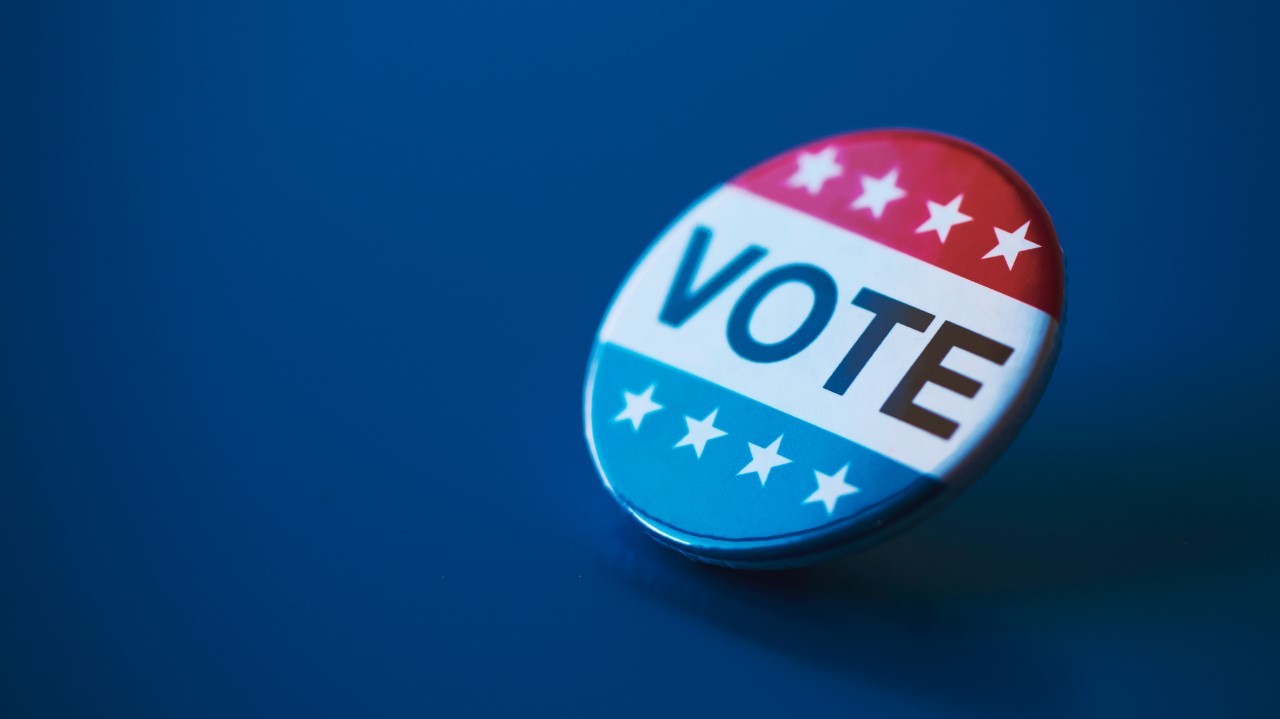
Next year, ICMA’s Code of Ethics turns 100 years old! The principles in the first Code are timeless, and political neutrality has been central to the Code since its inception. This key commitment ensures a member is seen as objective, fair, and the source of unbiased information essential to building and maintaining public trust. This was critical at ICMA’s founding and remains so today.
In recent years, the election cycle seems never ending with elections perpetually ramping up, finishing, or somewhere in the middle. All this points to the need for an enhanced level of awareness of this issue and a member’s ethical obligation outlined in Tenet 7: “Refrain from all political activities which undermine public confidence in professional administrators. Refrain from participation in the election of the members of the employing legislative body.”
Tenet 7’s Guidelines Provide Counsel
Tenet 7 generates many questions from members seeking advice about what is permitted and what is not. It is worth mentioning the Code applies to those that are ICMA members, not to their family members. However, it’s important to be proactive about engaging in a conversation with family so they understand the impact of their actions. Any campaign contributions they wish to make to the candidate of their choice, including the posting of political signs in their front yard or placing a candidate’s bumper sticker on their personal vehicle, should be done in a way that respects concerns from the ICMA member’s fellow employees, the governing body, or the public about this type of political activity.
On the enforcement side, ethics complaints that come to ICMA cite possible violations of Tenet 7 as well. ICMA’s Committee on Professional Conduct—the ICMA Executive Board subcommittee that determines whether a member’s conduct has violated the Code—has consistently concluded that a member cannot effectively serve the organization when the member engages in political activity such as endorsing or making campaign contributions to candidates, or even running for office themselves.
As a result, this tenet was the first to be reviewed with the ICMA membership when the association began the process of updating the Code 10 years ago. Members retained the value of refraining from political activities in the tenet language and the board adopted revised guidelines at that time. This gives members a framework for how to engage while maintaining the commitment to the highest ethical standards expected of individuals working in service to a local government.
Guidelines under Tenet 7
Elections of the Governing Body. Members should maintain a reputation for serving equally and impartially all members of the governing body of the local government they serve, regardless of party. To this end, they should not participate in an election campaign on behalf of or in opposition to candidates for the governing body.
Elections of Elected Executives. Members shall not participate in the election campaign of any candidate for mayor or elected county executive.
Running for Office. Members shall not run for elected office or become involved in political activities related to running for elected office, or accept appointment to an elected office. They shall not seek political endorsements, financial contributions or engage in other campaign activities.
Elections. Members share with their fellow citizens the right and responsibility to vote. However, in order not to impair their effectiveness on behalf of the local governments they serve, they shall not participate in political activities to support the candidacy of individuals running for any city, county, special district, school, state or federal offices. Specifically, they shall not endorse candidates, make financial contributions, sign or circulate petitions, or participate in fund-raising activities for individuals seeking or holding elected office.
Elections relating to the Form of Government. Members may assist in preparing and presenting materials that explain the form of government to the public prior to a form of government election. If assistance is required by another community, members may respond.
Presentation of Issues. Members may assist their governing body in the presentation of issues involved in referenda such as bond issues, annexations, and other matters that affect the government entity’s operations and/or fiscal capacity.
Personal Advocacy of Issues. Members share with their fellow citizens the right and responsibility to voice their opinion on public issues. Members may advocate for issues of personal interest only when doing so does not conflict with the performance of their official duties.
Zooming In on the Elections Guideline
What used to be a defined election season is now a constant cycle for those in local government to manage. As the election guideline provides, a member has the right and responsibility to vote. If a member lives in a state with closed primaries, that member is permitted by the Code to register with a political party to exercise that right.
A member cannot support candidates for local, state, or federal office. Support can take many forms, including block walking for a candidate or financially contributing or endorsing their campaign. Keep in mind that a financial contribution is a matter of public record and lists one’s name and occupation, so the election guideline does not allow this. Endorsing candidates is also not permitted. This endorsement may involve a candidate on a member’s governing body, or perhaps local school board or a special district, to name just a few elected offices. The election guideline does not have a distinction based on the type of elected office, so just say no to endorsing!
Declining to endorse a candidate is actually a great opportunity for members to explain more about the Code of Ethics they abide by. Candidates or elected officials may be unaware that the ICMA Code of Ethics exists and what it means. While it may be a difficult conversation, it will reflect the importance of the issue and how it affects the member’s ability to lead and serve. No doubt some elected officials may need to be reminded repeatedly of the importance of the Code of Ethics. The election guideline can be a good starting point for this important discussion.

JESSICA COWLES is ethics director at ICMA (jcowles@icma.org).
New, Reduced Membership Dues
A new, reduced dues rate is available for CAOs/ACAOs, along with additional discounts for those in smaller communities, has been implemented. Learn more and be sure to join or renew today!
